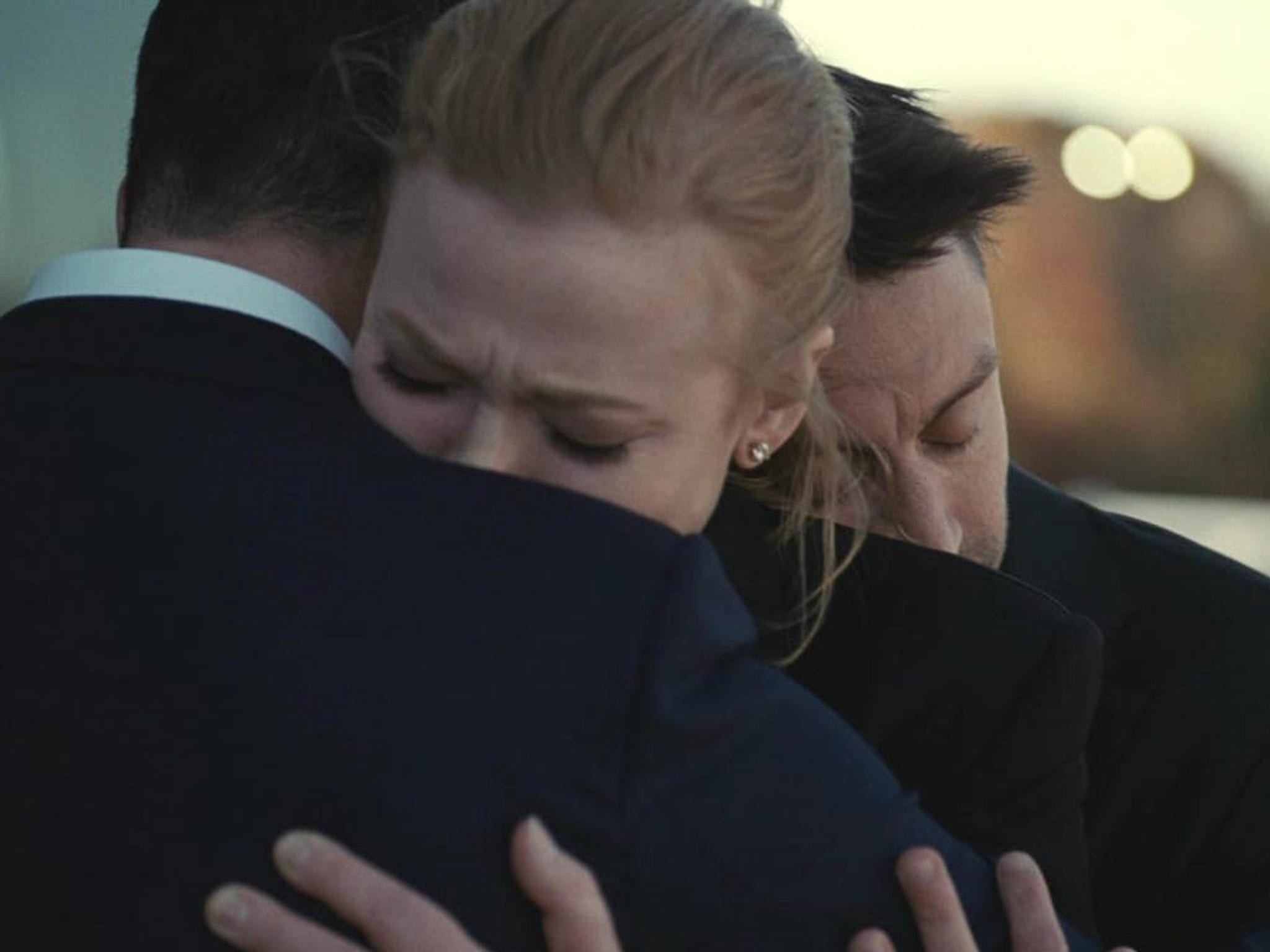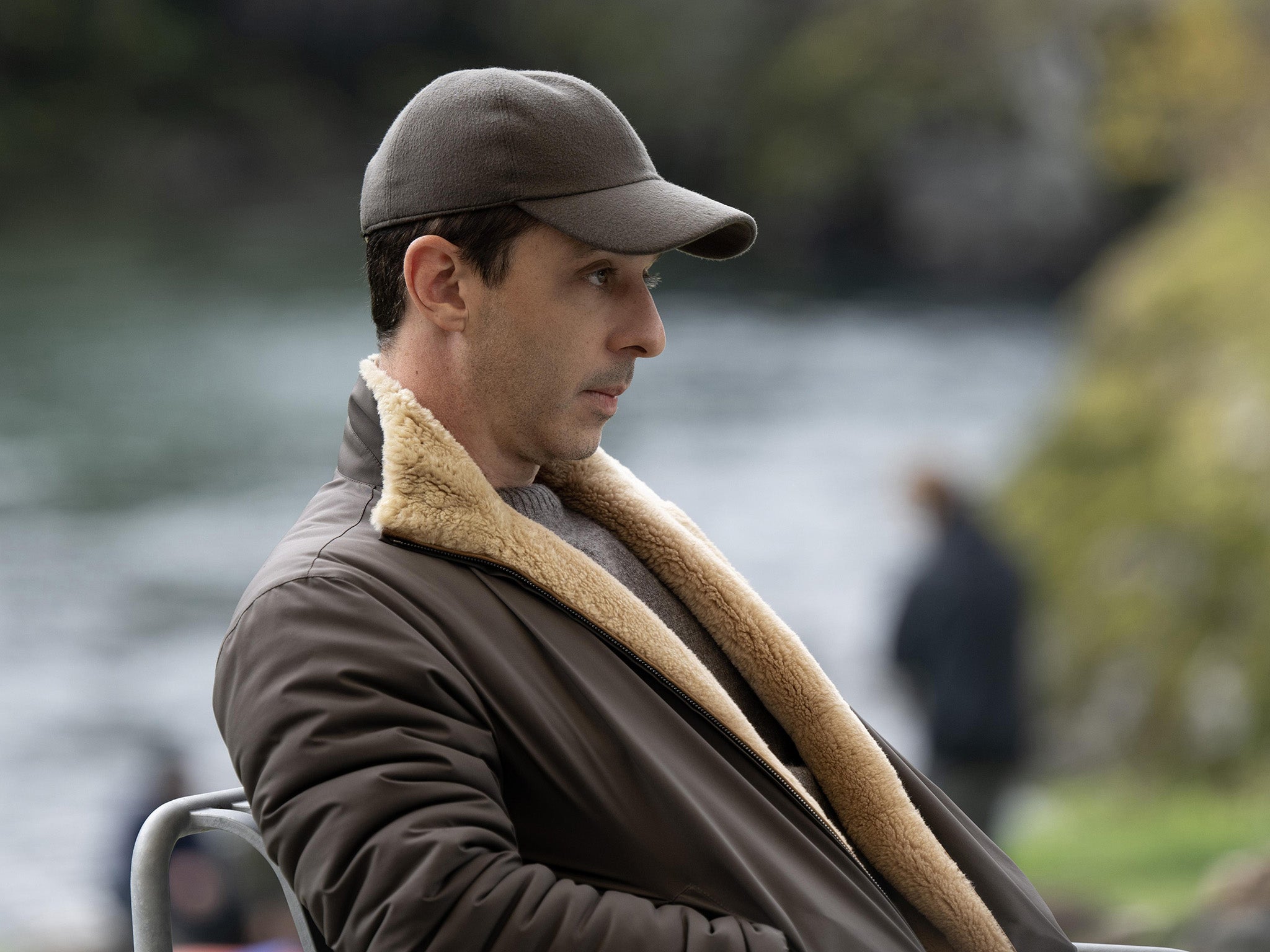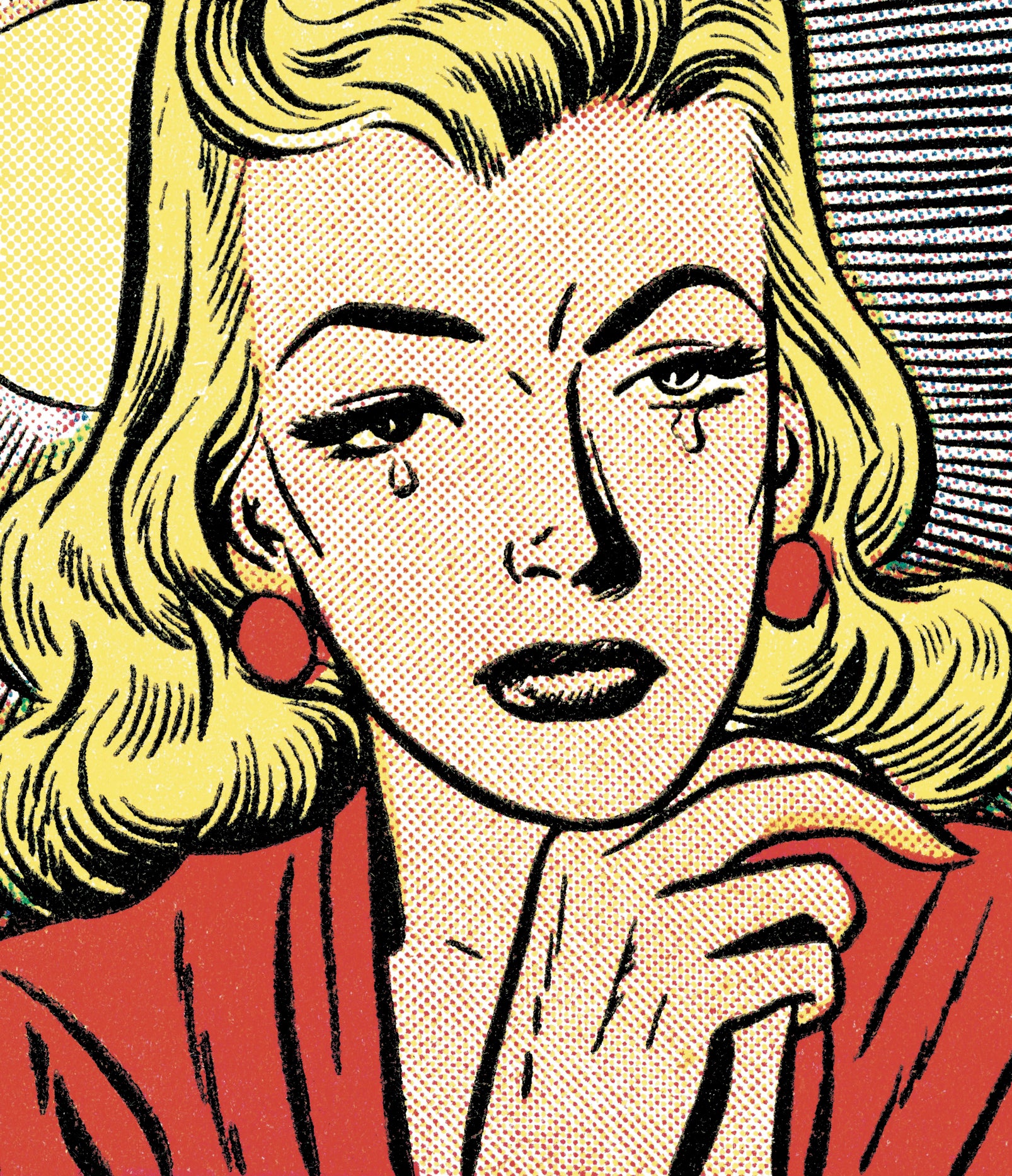Succession introduced a new way to mourn: What on earth is a grief counsellor?
A recent ‘Succession’ death led Jeremy Strong’s Kendall Roy to employ a professional grief coach to help him get through it. Is this luxury mourning, or something that could benefit us all, asks Katie Rosseinsky


Television has led us to believe that death is an event for a series finale. But the fourth season of Succession has turned that rule upside down to staggering effect – billionaire patriarch Logan Roy (Brian Cox) died in an early episode, with little fanfare and no scenes of deathbed repentance.
Since then, this show about bickering billionaires has provided viewers with a fascinating study of modern mourning – whether that’s being forced to say goodbye to a loved one over the phone or, in the case of Logan’s estranged son Kendall (Jeremy Strong), hiring a “grief guy” to help him through the bereavement process. “You’re gonna laugh… but there are actually things you can do,” he tells his siblings, with his usual mix of self-deprecation and self-righteousness (“I have a great grief guy, f*** you,” he later retorts when faced with inevitable mockery from his siblings).
It’s not just a Kendall thing. It’s tricky to pinpoint exactly why – the pandemic certainly made discussions of mortality hard to avoid – but the way we deal with death and grief is changing. Dedicated grief retreats offer a chance to confront our loss in unexpected ways, while grief coaches are attempting to address the blindspots in our emotional education when it comes to that ultimate taboo.
“The first step towards getting any support for grief is a really frightening process,” says Dipti Solanki, who has worked as a grief coach and educator for almost a decade and a half. “And it’s almost as if people are frightened of the pain of opening Pandora’s box.” She adds that while “we’re taught to celebrate all the amazing things that we experience in life… we’re never really taught how to grieve”. Charlene Lam, a grief coach based in Lisbon, agrees. “If you haven’t experienced significant loss before, why would you inherently know how to navigate [it]? Why wouldn’t you maybe need some support?”
It is important to note two things. The first? Grief coaching is not therapy (grief is not classified as a mental illness, although its counterpart prolonged grief disorder was recognised by the Diagnostic and Statistical Manual of Mental Disorders in the US last year). “People tend to conflate the two… [but] coaches are not medical professionals,” Lam tells me. “We always want to be very clear on what’s the scope of it.” If you’ve been entirely floored by grief, and you’re struggling to “get up in the morning” every day, she adds, a grief coach won’t be right. In the immediate aftermath of loss, a mental health professional is the best port of call.
“If you can’t take care of yourself on a day to day basis, it’s probably therapy [that you need],” Lam says. “But I think sometimes we get to a point where we say, ‘I’m functioning technically, but I don’t want to just be surviving’… After the death of a loved one, people might say, ‘OK, is this all there is? Is this what my life looks like now?” She doesn’t see coaching versus therapy as an either/or situation (“I believe everyone could benefit from therapy, and I have both… But I’m also American,” she quips).
One of the main problems that bereaved people face is that everybody wants to make it better. And both as a therapist and as a bereaved person myself, I’ve learnt that’s not really helpful
The second, related point? Life coaching is not currently regulated in the UK; that means that, according to the National Careers Service, “anyone can work as a life coach if they feel they have the necessary skills and qualities”. Some will have worked towards qualifications accredited by bodies like the International Coaching Federation, the Association for Coaching or the European Mentoring and Coaching Council, which have their own codes of conduct; others may have accreditations in other adjacent disciplines. In 2019, the ICF estimated that there were around 71,000 coach practitioners worldwide, a 33 per cent increase on the numbers for 2015; it is a booming, potentially lucrative industry, so doing your research beforehand is paramount.
Many coaches have first-hand experience of loss. Kayleigh O’Connor is the founder of Good Grief; her father died when she was a teenager, and she tells me she then “avoided my grief for about five years before I actually started to support myself”. Her clientele as a grief coach and trauma practitioner is mainly women in their mid-thirties, “who work in a corporate busy job”; they have often tried to get on with their lives as normal in the wake of loss, only to find “it’s not working” – “a lot of people will use avoidance coping for their grief,” she adds. “Society tells us to push on and keep going.”
Psychologists are yet to reach a consensus on why we feel the loss of those close to us so strongly, although John Bowlby’s work on attachment theory in the Sixties has been influential; his research suggested that after we develop strong bonds of affection in childhood, grief is an instinctive response when these bonds are broken by a separation. Often, O’Connor says, “the person [that her clients have] lost was the person that was their support or their cheerleader… it’s like a foundation has been ripped from them and [we’re] trying to rebuild that”. It’s no wonder, she says, that grief can feel so discombobulating, when it can also prompt “multiple secondary losses… low self-esteem, loss of direction – who am I now that person isn’t here? That’s what a lot of people come to me thinking and feeling”.
O’Connor’s approach to grief is about “learn[ing] to let the grief in, rather than suppress it”, whether that’s providing people with the time and space to speak openly about bereavement, or through a practice known as pendulation. This is used in somatic experiencing therapy, and involves “deliberately oscillating between discomfort and comfort” (that might, she says, “be completely not to do with the emotions… it could be [having] a shower this evening, and really slowly, make that water cooler. Notice how your body feels… and that you’re in control”).

Solanki, meanwhile, uses a step-by-step process involving “mindfulness… looking at personal self-care, and also really delving into what each person’s individual grief means to them”, as well as supporting people with the practicalities that come with death. “We need someone… to look at how we’re dealing with sleeping, eating, the change in relationships, coping with work, our health, our finances and the death admin we have to deal with.”
That “sadmin” often hits hard months after a death; choosing which of a loved one’s belongings to hold on to, when even the most banal object has been made precious by loss, is often particularly painful. After her mother died, Lam “spent the next two years flying back and forth” from London to New York, “trying to figure out what to do with the estate, what to do with the house and her belongings… It’s a very common problem that people have – figuring out what to do with the belongings and trying to understand why they feel attached to all this stuff,” she explains.
Her “uncommon solution”, she says, was borrowed from her previous work as a curator; she decided to pick out 100 objects that would eventually make up an exhibition of her mother’s life, which went on show in London in 2015. She takes a similar, albeit scaled-down, approach with clients who are struggling with letting go. It took inspiration from contemporary research around grief, like continuing bonds theory, which focuses on how bereavement changes our relationship with a loved one, rather than ending it.
It’s perhaps easy to dismiss more creative approaches to grief as wellness-adjacent woo-woo or magical thinking, something a little bit Goopy, another blend of empowerment and self-improvement, but the practitioners I speak to don’t seem to be promising easy solutions to complex problems.
Jane Harris is a grief counsellor (rather than a coach), psychotherapist and co-founder of The Good Grief Project, along with her husband, filmmaker Jimmy Edmonds. After their son Josh died suddenly at the age of 22, they started hosting dedicated grief retreats, offering “writing workshops, photography workshops and physical exercise”, with “psychological support on hand”. For her, “closure is a dirty word” – “one of the main problems that bereaved people face is that everybody wants to make it better. And both as therapists and as bereaved people ourselves, we’ve learnt that’s not really helpful. That’s more about the discomfort of the people who are bearing witness to the bereaved.”

Despite the inroads we’ve made culturally when it comes to talking about mental health, conversations around death still make us awkward. “So often you hear people saying, ‘[losing people] hurt but what really hurt was what people said or didn’t say’… Sometimes we go to [use] these weird sayings and platitudes that don’t land well,” Lam notes. Harris’s clients, meanwhile, “will say that they’ve seen people cross the road to avoid them, because they don’t want to have that conversation”. She adds that people feel comfortable talking about celebrity deaths, or deaths on screen (like Succession’s) – “but your neighbour’s child dies and nobody talks about it”.
We “need to normalise these conversations,” she says. Because, bluntly, “it’s going to happen to all of us at some point. We need to embrace this idea that death is something that is part of life. It’s not something to be avoided – the more comfortable we can get with a subject, the less traumatised we’re going to be when it does happen to us, or it does happen to someone we care for”.
Grief, Harris says, is “hard work, and I think most people don’t quite realise that… [It] absolutely has this way of outing itself in terms of physical symptoms, or anxiety or panic, if you don’t do anything with it”. But once we’ve grappled with that, Lam says, there often comes “a shift when [you’re] ready to focus on how the person lived, which is perhaps more important. Then I think there’s a natural shift to [asking ourselves] how we want to live, which is perhaps more important”. Maybe being more willing to confront mortality – including our own – can help us all live a bit better.
‘When Words Are Not Enough’ by Jane Harris and Jimmy Edmonds is out now
Join our commenting forum
Join thought-provoking conversations, follow other Independent readers and see their replies
Comments


Bookmark popover
Removed from bookmarks